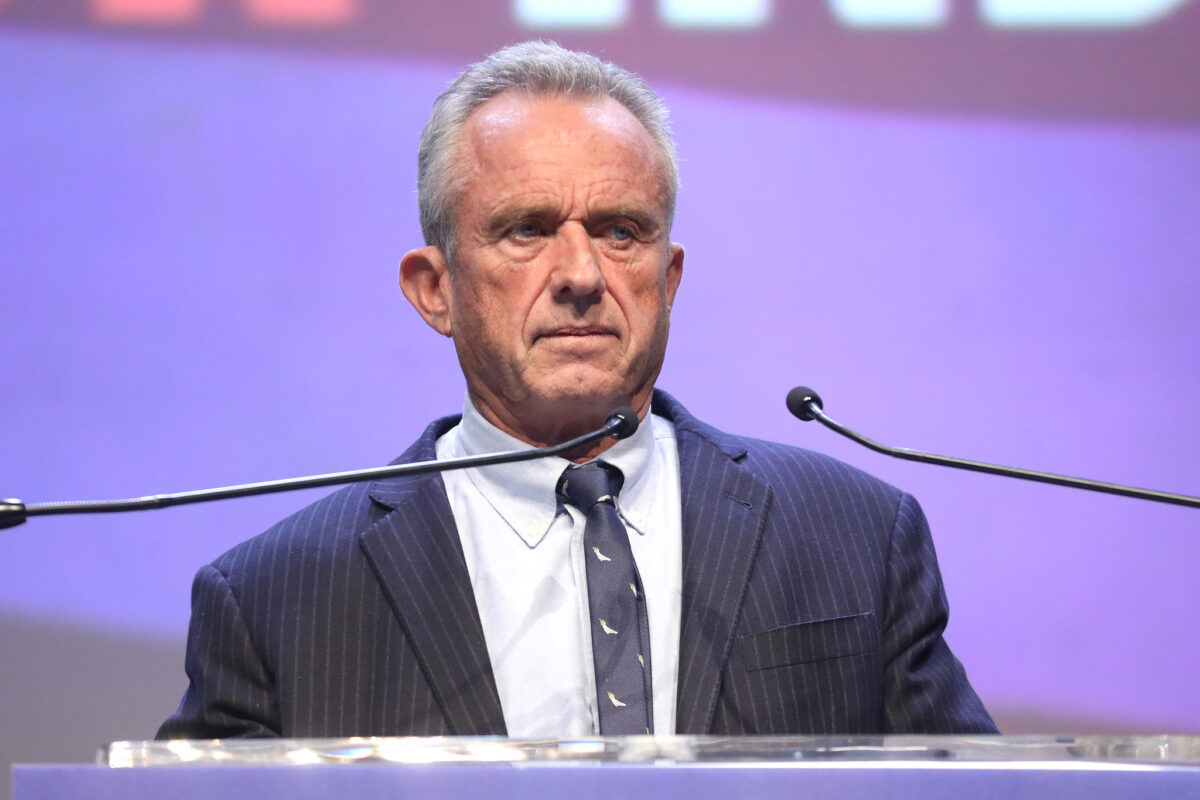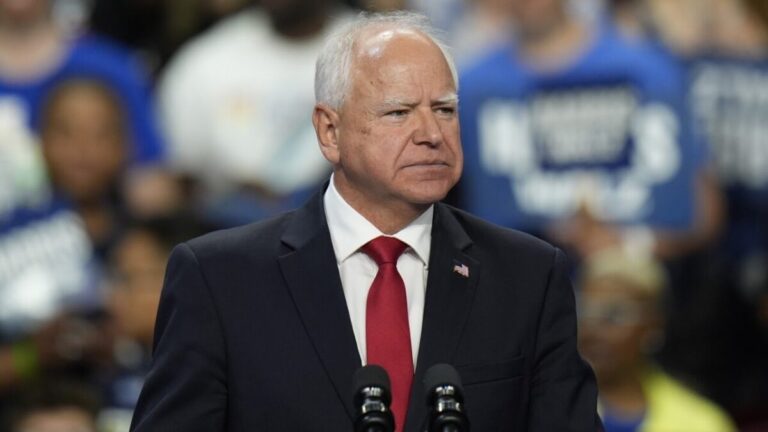The battleground states of Michigan and Wisconsin have steadfastly refused to remove Robert F. Kennedy Jr.’s name from their presidential ballots, despite his abrupt withdrawal from the race and subsequent endorsement of President Trump. This decision has sparked a political firestorm, with both Republicans and Democrats grappling with the implications of Kennedy’s continued presence on the ballot.
Just days ago, Robert F. Kennedy Jr. announced that he was discontinuing his independent bid for the presidency. In a move that shocked many, Kennedy went on to endorse his former rival, President Trump, for the top office. This unexpected turn of events has left political pundits and the public alike grappling with the implications of this alliance.
Michigan Refuses to Remove RFK Jr. from Ballot
Despite Kennedy’s withdrawal and endorsement of Trump, the state of Michigan has made it clear that his name will remain on the ballot as a candidate for the Natural Law Party, which had nominated him earlier this year. Cheri Hardmon, the senior press secretary for Michigan Secretary of State Jocelyn Benson, unequivocally stated that “Minor party candidates cannot withdraw, so his name will remain on the ballot in the November election.”
Wisconsin Deadlocks on Removing RFK Jr.
The situation in Wisconsin has been even more contentious, with the Wisconsin Elections Commission voting to keep Kennedy on the presidential ballot despite his request to be removed. The commission’s decision was marked by a partisan divide, with Republican members pushing to grant Kennedy’s wish to be taken off the ballot, while their Democratic counterparts argued that state law mandates his continued inclusion.
One of the primary concerns surrounding Kennedy’s persistent presence on the ballot is the potential “spoiler effect” it could have in these crucial swing states. Kennedy himself acknowledged this risk, stating that his candidacy could “hand the election over to the Democrats, with whom I disagree on the most existential issues.” This sentiment has been echoed by both Republican and Democratic members of the Wisconsin Elections Commission.
Implications for Swing State Outcomes
The presence of Kennedy, along with other independent and third-party candidates, on the ballots in Michigan and Wisconsin could have significant implications for the outcome of the presidential election in these crucial swing states. With the potential for a close race, every vote could sway the final result, making the role of these alternative candidates all the more crucial.
The divergent approaches taken by the election commissions in Michigan and Wisconsin highlight the partisan divide surrounding ballot access and the role of independent candidates. While Republican members have sought to grant Kennedy’s request to be removed, their Democratic counterparts have argued that the law leaves no room for discretion, requiring his continued inclusion on the ballot.
Concerns Over Voter Confusion
The inclusion of multiple candidates, including those who have withdrawn from the race, has raised concerns about potential voter confusion. Voters may be unsure of which candidates are actively campaigning and which have stepped aside, potentially leading to unintended or misinformed choices at the ballot box.
Ongoing Developments and Potential Outcomes
The saga surrounding RFK Jr.’s continued presence on the ballots in Michigan and Wisconsin is far from over. As the election draws near, political observers will be closely monitoring the evolving situation, analyzing the potential impact on the final results and the broader implications for the democratic process.




Leave a Comment